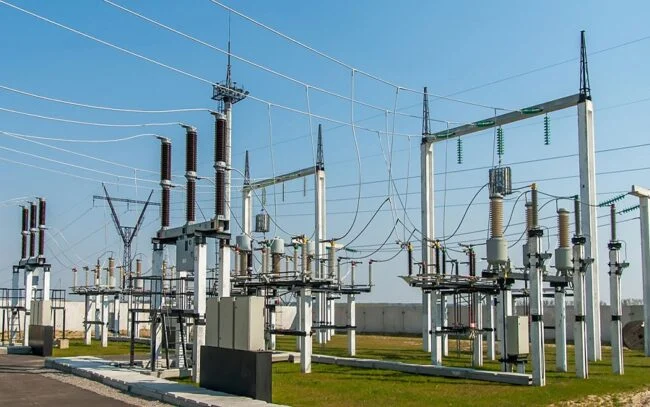The Nigerian Electricity Regulatory Commission (NERC) has cautioned state governments against arbitrarily slashing electricity tariffs for consumers reliant on the national grid, insisting that any shortfall resulting from such decisions must be covered by subsidies from state coffers.
This directive comes in the wake of a controversial move by the Enugu Electricity Regulatory Commission (EERC), which recently reduced the Band A electricity tariff from ₦209/kWh to ₦160/kWh, directing the state’s electricity distributor, MainPower, to implement the new rate from August 1.
NERC, in a formal notice on Thursday, clarified that while states with full regulatory oversight of intrastate electricity markets are allowed to determine tariffs for end-users, they are still bound to factor in the full wholesale cost of power sourced from the national grid. Failure to do so, the Commission said, would amount to market distortion and financial imbalance across the Nigerian Electricity Supply Industry (NESI).
“As states do not have jurisdiction over the national grid or generating stations licensed under federal law, they must fully incorporate the wholesale costs of grid-supplied electricity into their tariff structures,” NERC stated. “Any deviation must be compensated by the state in the form of subsidies to avoid destabilizing the national power market.”
The Commission expressed concern over EERC’s decision, noting that it had slashed the average generation tariff of ₦112.60/kWh down to ₦45.75/kWh, resulting in a ₦66.85/kWh shortfall, which assumes a subsidy without a clear funding mechanism.
Power sector operators have echoed NERC’s stance. The Association of Nigerian Electricity Distributors (ANED) and the Association of Power Generation Companies (APGC) both warned that state regulators cannot unilaterally fix tariffs while still depending on the national grid for generation and transmission.

ANED’s Chief Executive Officer, Sunday Oduntan, dismissed the feasibility of delivering 20 hours of electricity daily at ₦160/kWh. He added that since EERC’s announcement, many customers in other states have started resisting payment of electricity bills, expecting similar tariff reductions.
“There is no way a state can set a lower tariff while still relying entirely on federal generation and transmission infrastructure. The subsidy burden must be accounted for, or it creates a debt that will cripple the industry,” Oduntan warned.
Echoing this view, APGC’s Executive Secretary, Joy Ogaji, questioned the legality of the subsidy assumption by EERC, arguing that no formal government directive exists on such subsidy funding. “There is no financing structure backing this claimed subsidy. You cannot regulate a product you don’t produce or pay for,” she said.
EERC, however, defended its decision. Reuben Okoye, its Commissioner for Electricity Market Operations, said the new tariff was based on a comprehensive analysis of MainPower’s operational costs and was aimed at promoting a fair, transparent, and reliable power market in Enugu.
He clarified that the reduction did not affect generation costs or interfere with national power dynamics but was an internal adjustment reflecting local distribution realities.
Despite the clarification, NERC emphasized its ongoing engagement with the Enugu commission to resolve discrepancies and reaffirmed its mandate to ensure the financial stability and integrity of the national electricity market.
As the debate over pricing autonomy and market decentralization continues, experts warn that any policy misalignment between federal and state regulators could pose significant risks to Nigeria’s already fragile power sector.



